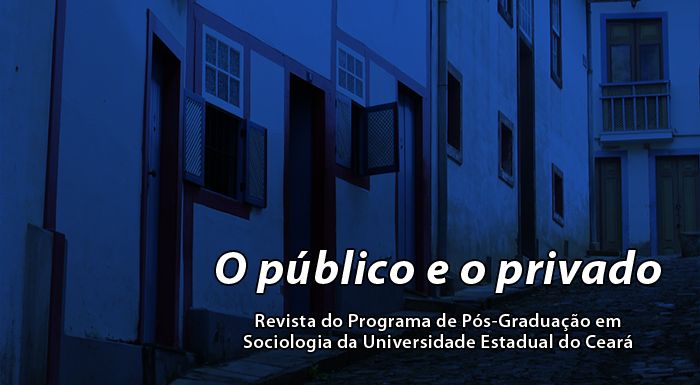Associativismo estudantil africano no Brasil: diáspora, raça, gênero e luta por reconhecimento
DOI:
https://doi.org/10.52521/20.5456Abstract
The article analyzes the genesis, development and performance of African student associations in Fortaleza-CE. It is the result of ethnographic observations of associative meetings, interviews, informal conversations and notes in the field notebook between 2010 and 2017. In the theoretical framework, Ted Gurr's theory of relative deprivation and the Critical theory move from Axel Honneth's notion of struggle for recognition. Student associations are the result of international student mobility processes from Africa to Brazil, created to defend and promote the rights of African students from public universities and private colleges in the city. With a national or plurinational character, the collectives created a gap for Africans to organize themselves in groups of representation and pressure because the condition of foreigners prevented them from participating politically in Brazilian society. They seek to deconstruct images of Africa as a place of wars, droughts, famines and poverty, presenting an essentialist, racial and biological view of African identity in opposition to the white, western European and capitalist world. However, they are vulnerable to the Brazilian domestic and foreign political environment. On the other hand, they constitute a space for disputes, personal conflicts and political cleavages, but also for the struggle for hegemony and the power to represent Africans in the city.











